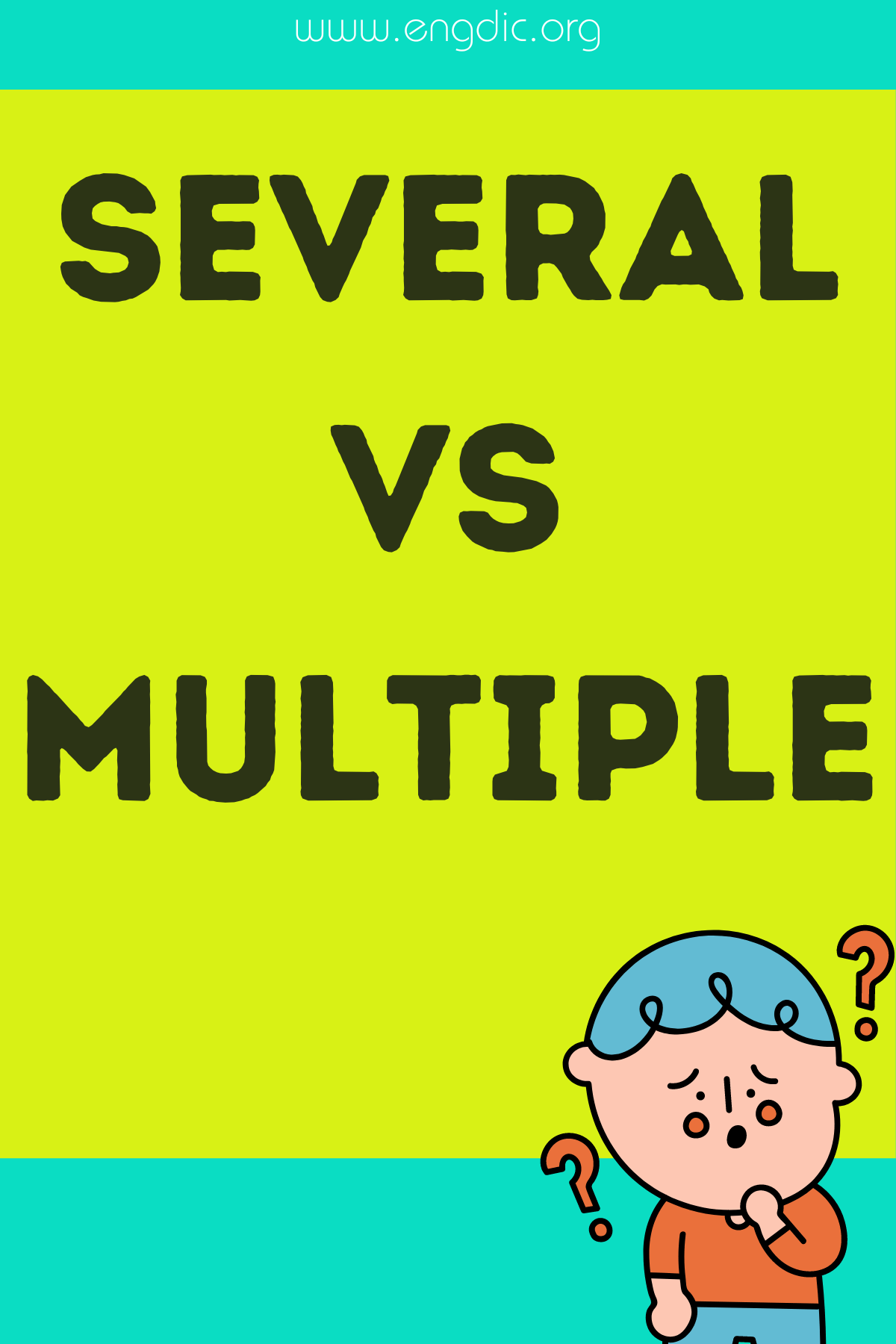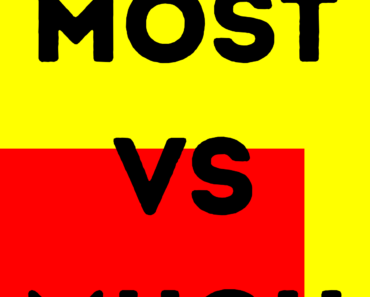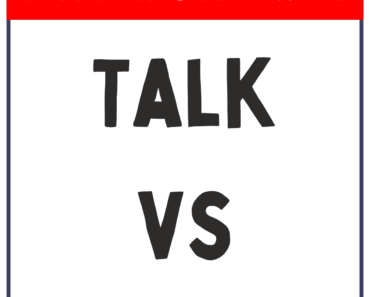When choosing between “several” and “multiple,” understanding the subtle differences in their meanings and usages can enhance clarity and precision in communication.
Although both terms indicate more than one or two, “several” implies a small number, often more than two but not many, suggesting a sense easily countable or definite. On the other hand, “multiple” refers to numerous instances or varieties and is often used when the exact count is either unknown or irrelevant.
This distinction makes “several” fit better in contexts requiring a specific, small number, while “multiple” is more suitable for indicating diversity or an unspecified quantity.
Definitions
Several
Definition: “Several” is used to denote a small number, more than two but not a large amount, typically implying that the items or individuals can be separately considered or counted.
Multiple
Definition: “Multiple” refers to many or several units, often used to indicate a larger, unspecified quantity or various types. It emphasizes quantity without the necessity of a precise count.
Usage and Examples
Several
- Quantitative Implication: “Several” suggests a precise but small number. For example, “I’ve read several books by Hemingway” implies reading a few Hemingway books, likely more than two but fewer than ten.
- Limitation: It is typically used where the number, though not exact, conveys a manageable, small group. E.g., “Several people attended the workshop, making it a cozy gathering.”
Multiple
- Indication of Variety: “Multiple” often highlights diversity or a range of types. For instance, “She holds multiple degrees” indicates a variety of academic qualifications without specifying how many.
- Unspecified Quantity: When the exact number isn’t vital, “multiple” is preferred. For example, “There are multiple ways to solve this problem” suggests numerous possibilities, the exact count of which is irrelevant to the discussion.
In summary, while “several” is more about a countable, modest amount, “multiple” leans towards an undefined or varied quantity, useful in discussions where precision is less critical.







